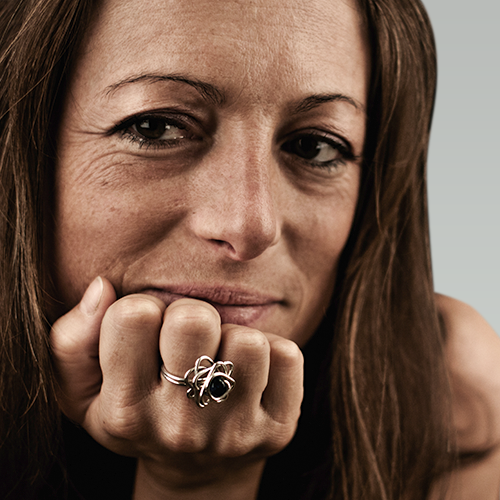But it’s not just "when" we eat that is important. Also the "thing" we eat is important.
One of the key concepts discussed last time is that, to really lose fat and not weight, you must not let yourself go hungry, especially in the morning. So, I hope that those of you who have been reading these articles have started eating a hearty breakfast every morning and around lunch time are not hungry as wolves but have the right amount of appetite. But it’s not just "when" we eat that is important. Also the "thing" we eat is important. Therefore, the second concept that I will introduce today is the right composition of every meal.
Next to carbohydrates (pasta, rice, bread, cereals, potatoes), we must make sure that proteins (meat, fish, cold cuts, eggs, oily seeds like nuts) and a portion of fruit or vegetables with a little bit of dressing are ALWAYS present. This way, we are sure we get all the nutrients we need and avoid any deficiency (vitamins, proteins, calories) that will then push our hypothalamus to increase our hunger and to slow down our metabolism. This principle must be applied to all meals, including breakfast!
As for portion size, this should get smaller going from morning to evening, following the principle "eat breakfast as a king, lunch as a prince and dinner as a poor person". Think about it: where else could the calories from dinner end up, if not in fat accumulation, since the maximum activity expected after dinner is the journey from the table to the sofa or to bed?
Outside of these main meals, my advice is very simple and will be discussed in a separate article: the only snacks allowed are fresh and raw fruits and vegetables, as much as you like. You’ll say: well, but I'm hungry in the evening and not in the morning. So, let me challenge you: for one week try putting together your meals as I described above and judge for yourself if you really get so hungry in the evening.
I talked about "when" and "what". The "how" remains to be discussed, i.e. the quality of the food we choose. Also this topic deserves a separate more detailed discussion, but I invite you now to consider the fact that refined, industrial and non-seasonal products contain an extremely low percentage of nutrients compared to wholesome, fresh, local and seasonal products.
Once again our body gets fewer nutrients, the same "empty" food, the same hunger, even when we have already eaten the right number of calories. This leads us to eat again, often choosing "wrong" foods. And the vicious circle continues ...
A good diet starts with the right kind of groceries, so think about it the next time you fill your cart!
For questions or comments on this long article (in three parts, just like your ideal meal!) I invite you to write me through the editorial board.
See you soon and enjoy your meal!

Tatiana Gaudimonte
You might also be interested in



